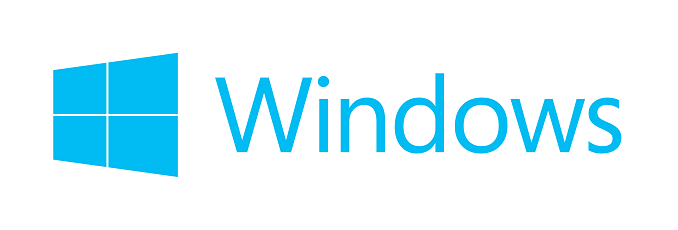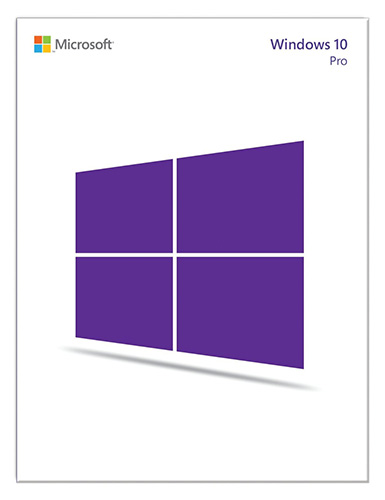Windows 10 Retail Will Be On USB Flash Drives
by Ryan Smith on July 16, 2015 8:30 PM EST- Posted in
- Operating Systems
- Software
- Microsoft
- Windows 10

The death of the optical drive in the PC space has been a long time coming, and while removable media is unlikely to go away any time soon, with consumers increasingly flocking to Ultrabooks and other form factors that can’t (or don’t) pack optical drives, the days of optical drives being available on virtually every PC have come to an end. In its place, USB has become the de facto format for removable media compatibility, as even the smallest MacBook comes with at least 1 USB port.
As a sign of the times, even Microsoft is not unaffected by this change, and after quite a bit of speculation over whether Microsoft would ship Windows 10 on a USB flash drive, the company has finally confirmed that retail versions of Windows 10 will be available on a USB drive. The company has opened up pre-orders for Windows 10 on Amazon, listing USB versions of both Windows 10 Home and Windows 10 Pro. These OSes are listed at their respective standard prices of $120 and $200, and while Amazon doesn’t list DVD versions, given that Windows 8.1 has the same MSRP, it doesn’t look like Microsoft is charging a premium for the USB version of the OS.
Both OSes are scheduled to ship on August 16th, a bit over two weeks after Windows 10 officially launches. Given the tight window between when the OS is expected to go RTM and when it’s released – officially Microsoft has still not publicly declared RTM – this gap is presumably for boxing and distributing the finished OS.
Source: VentureBeat











95 Comments
View All Comments
MrSpadge - Friday, July 17, 2015 - link
The "Windows 7 USB DVD download tool" is free, easy to use and also works with Win 8 and USB drives. You need to prepare the boot medium prior to formatting, though.creed3020 - Friday, July 17, 2015 - link
I use this tool so often it isn't funny. I've shared it with countless others as well and they love it. Such a simple but useful application.ZeDestructor - Friday, July 17, 2015 - link
It's crap compared to Rufus if you already have the iso lying around somewhere.DanNeely - Friday, July 17, 2015 - link
Pure numeric keys would have to be significantly longer to remain equally strong. A single case alpha-numeric key has 36 choices/character. Assuming none of it's used for checksums/etc, a 25 char code has 36^25 = 8 * 10^38 bits of entropy in it. Matching that in a pure numeric key would require ~39 digits (presumably rounded to 40 in the actual key). That's 60% more typing and 60% more chances to mis-type it or the voice activation system to mis-hear what you're speaking into your phone. I fail to se an upside.Morg72 - Friday, July 17, 2015 - link
I'm wondering if a big factor for this move is due to size. An average DVD is 4.7gb capacity and while Bluray is 25gb+, the drives are not exactly common. So USB is logical because, as the article says, pretty much everything has a USB port. They get capacity, portability and an extremely common media.Zap - Friday, July 17, 2015 - link
DVD-DL has 8.5GB capacity.I welcome our new USB overlords. I had already made my own USB installers. Even using 4GB drives that I got for free (with purchase) with unknown performance specifications, installation is much faster than with DVD.
Gigaplex - Friday, July 17, 2015 - link
FAT32 has 4GB file size limits, and the bulk of the ISO is the very large WIM file.sheh - Friday, July 17, 2015 - link
DVDs use UDF, not FAT.Gigaplex - Friday, July 17, 2015 - link
USB drives don't.phoenix_rizzen - Saturday, July 18, 2015 - link
USB drives can though.They can also be formatted with NTFS. Or even exFAT. You aren't limited to FAT32.
All of the above are supported out-of-the-box on Windows.